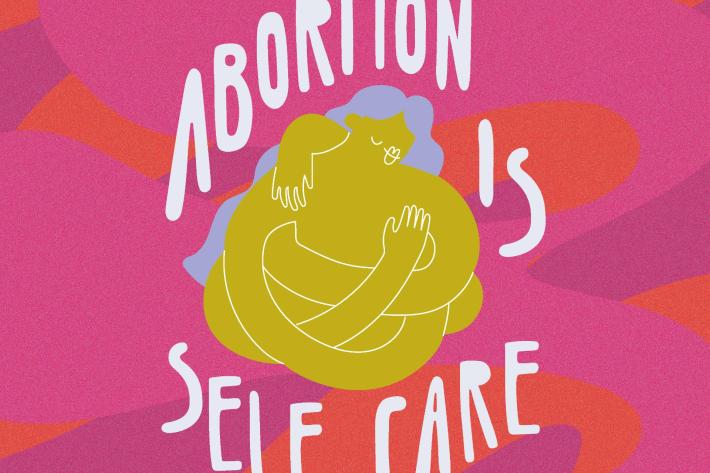
Spotlight
A selection of news from across the Federation

European Commission's new Women's Rights Roadmap includes SRHR—Now we need action
On 7 March, the EC released a new political declaration committing to uphold and advance women's rights. We welcome the inclusion of SRHR and other key topics. Now impactful actions are needed.
Filter our news by:


| 19 May 2022
Spain debates plans for paid menstrual leave and wider abortion access
Currently, abortion care is available during the first 14 weeks of pregnancy based on a woman's indication. Up to 22 weeks, abortion is permitted in cases of serious risk to the life or health of the woman or foetus. Thereafter, abortion care is only accessible in cases of foetal abnormalities incompatible with life or extremely serious and incurable illness. Nonetheless, access to dignified and safe care remains an obstacle course especially for those already marginalized by systemic discrimination. But there is hope. This week, the government discussed a progressive law which gives autonomy to girls aged 16 to 18 to access abortion care without parental consent; regulates denial of care based on personal beliefs; and scraps medically unnecessary 3-day waiting periods delaying access to abortion. If approved, the law would also extend financing for contraceptive care. The draft law also guarantees up to 3 days of menstrual leave for painful periods; eliminates VAT on menstrual products; and asks that schools and prisons offer free menstrual products.
















